Sun 2 May 2010
Tribeca Film Festival Dispatch #3
Posted by Ethan under Film Festivals
Comments Off on Tribeca Film Festival Dispatch #3
More from the 2010 Tribeca Film Festival
Blood and Rain
Directed by Jorge Navas
Starring Gloria Montoya, Quique Mendoze
**
On a dark and stormy night in Bogotá, Colombia, a revenge-seeking cabbie and a fun-loving club girl become unlikely friends and allies in a plot that pits them against the vicious street gang that killed the driver’s brother. Or something like that. To be honest, I had a hard time following or caring about the exact details of this murkily plotted crime picture, which hinges heavily on a relationship that, to me at least, didn’t make any sense. There are a number of moments where the driver and the dame could go their separate ways, yet they continue cruise around together because–as we’re supposedly meant to believe–they feel the first pangs of love. Perhaps the romance would have been more convincing if the two actors showed even a spark of chemistry. Since neither one seems all that interested in the other, it’s not surprising that the audience quickly grows bored and irritated with both of them and the movie itself.
———————————————————————————————————————————————————————-
Dream Home
Directed by Pang Ho-Cheung
Starring Josie Ho, Eason Chan, Derek Tsang
***
For much of its running time, the Hong Kong horror film Dream Home is an awkward, ungainly mixture of extreme gore, broad comedy, wrenching drama and timely social commentary. But director Pang Ho-Cheung somehow brings it all together in the end and the movie’s pitch-perfect final moments retroactively make the whole thing better. The basic premise is terrific: desperate to own her own home, a Hong Kong yuppie goes on a killing spree in an upscale apartment building to drive down the property’s real estate value, thus assuring her of being able to afford a mortgage. Unfortunately, the director muddies this set-up with a confusing flashback structure that makes it difficult to keep track of where we are in time. Once all the pieces do finally connect (although some still don’t–a subplot about the yuppie’s affair with a married man goes nowhere) the resulting “A-ha” moment is satisfying. But Pang could have made the journey to that point a little less bumpy.
———————————————————————————————————————————————————————-
The Last Play at Shea
Directed by Paul Crowder
**1/2
This crowd-pleasing documentary sets out to chronicle the legacies of two New York institutions: singer/songwriter Billy Joel and Shea Stadium, the Queens ballpark where the Mets racked up numerous wins and losses (more of the latter than the former) over the course of four decades. As it turns out, their histories are more intertwined than you might think. According to the artist himself, Joel launched his music career in 1964, the same year that city planner Robert Moses oversaw the opening of New York’s second ballpark. Over the years, the fortunes of both the singer and the stadium rose and fell–they lived through the turbulent ’70s in New York and benefited from the renaissance that came about in the late ’80s and early ’90s. Joel was also present for the stadium’s final hours, headlining a start-studded concert designed to send Shea out with a bang…before a literal series of bangs demolished the ballpark to make room for the Mets’ new home, Citi Field. Considering that he had an enormous amount of access to both Joel and the Mets organization, it’s understandable that director Paul Crowder felt that they each deserved equal screen time. But The Last Play at Shea would have been a better, more focused movie had Crowder devoted the bulk of his attention to one topic, preferably the eventful history of the stadium with Joel’s concert serving as a backdrop. It’s not that the details of the singer’s life aren’t interesting; there are a number of funny anecdotes told here and the interviews are more candid than you’d expect them to be. The problem is that Crowder can’t find an effective way to cut between Joel’s story and the story of Shea; instead he inelegantly jumps back and forth between his subjects, spending 10-15 minutes on, say, Joel’s marital problems followed by 10 minutes on the Mets’ 1986 World Series run. The result is two separate movies that are casually linked together by concert footage.  Granted, both of these movies do offer some terrific moments and the concert material is strong too (if you happen to like the song stylings of Billy Joel, that is). Still, what The Last Play at Shea really needs is more Shea and less Joel.
———————————————————————————————————————————————————————-
Meskada
Directed by Josh Sternfeld
Starring Nick Stahl, Rachel Nichols, Kellan Lutz, Jonathan Tucker
**1/2
If you’re going to crib from other movies at least crib from the best. For his sophomore effort, writer/director Josh Sternfeld takes a page from Roman Polanski and Robert Towne’s ’70s classic Chinatown, using a single crime (in this case, the murder of a young boy) as a jumping-off point to explore larger problems within the community that serves as the story’s setting. But instead of ’30s-era Los Angeles, Meskada takes place in the present day in two rural towns located in the fictional Midwestern county referenced in the title. After being tasked with heading up the investigation into the boy’s death, police officer Noah Cordin (Nick Stahl, playing a character whose name can only be a shout-out to Chinatown‘s Noah Cross) follows his instincts back to the hometown he abandoned many years ago, which has now fallen on hard times with many residents having to travel further afield–like to such places Cordin’s better-off adopted town–in order to find work. The first half of Meskada is quite gripping as Sternfeld smartly establishes the divisions between these very different places. But the movie’s ambitions ultimately outstrip its execution; in the final act, the writer/director rushes to wrap up the plot and falls back on too many histrionic outbursts and dramatic contrivances. Meskada starts off aspiring to scale the heights of Chinatown only to settle for being a so-so episode of Law & Order.
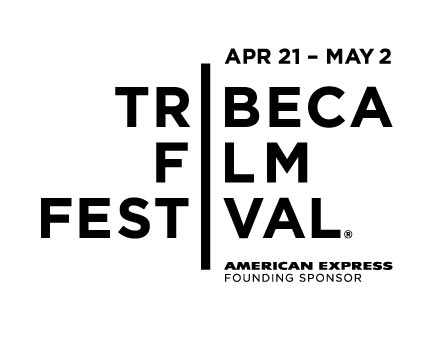
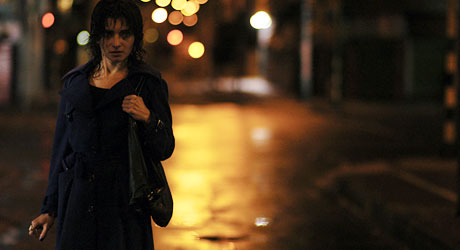
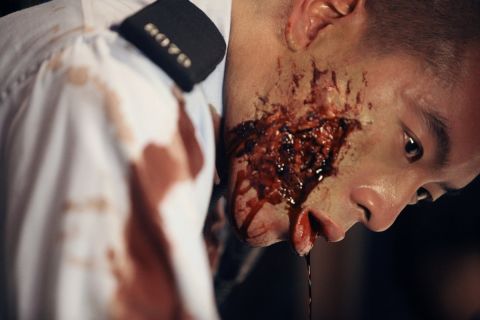
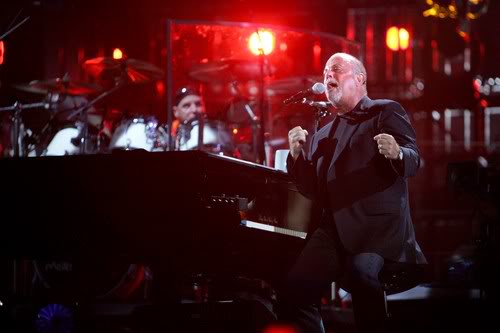
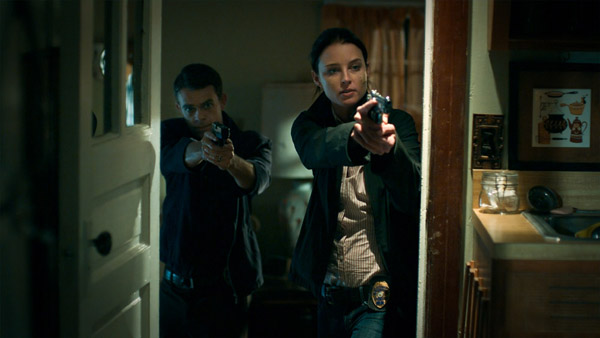

No Responses to “ Tribeca Film Festival Dispatch #3 ”
Sorry, comments for this entry are closed at this time.